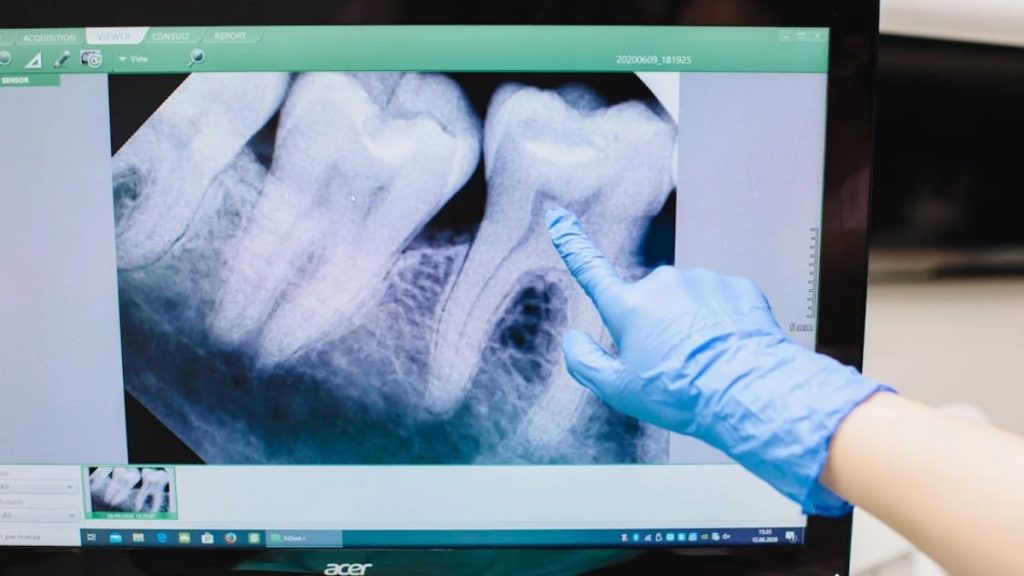In the complex world of pharmaceutical litigation, few cases have garnered as much attention as the legal battle surrounding Suboxone. With allegations of dental complications linked to its use and claims of insufficient warning, these lawsuits raise questions about corporate responsibility and patient safety.
However, their significance extends beyond mere legal wrangling, casting a spotlight on broader issues within the pharmaceutical industry and healthcare system at large.
In this article, we’ll explore Suboxone’s legal journey, discussing its wide-ranging impacts beyond the courtroom’s confines.
Pharmaceutical Accountability and Regulation
The Suboxone lawsuits underscore the need for stringent pharmaceutical regulation and accountability. Allegations against Indivior, the drug’s manufacturer, center on its alleged failure to adequately warn about potential dental risks associated with the medication.
Drugwatch notes that in January 2022, the FDA finally issued a warning regarding the possible dental risks posed by Suboxone usage. Plaintiffs argue that this information should have been provided earlier.
These legal proceedings highlight the necessity for pharmaceutical companies to prioritize consumer safety by conducting thorough testing and transparently disclosing potential risks. The outcome of these lawsuits may influence future drug development practices and regulatory oversight.
Patient Awareness and Informed Consent
Central to the Suboxone lawsuits is the issue of patient awareness and informed consent. As already mentioned, the lawsuits allege that both patients and healthcare providers were unaware of these risks. This emphasizes the importance of transparent communication.
Improved patient education and informed consent processes are essential to ensure individuals have the necessary information to make informed decisions about their healthcare.
These lawsuits underscore the responsibility of pharmaceutical companies and healthcare providers to prioritize patient safety.
Public Health Concerns
The Suboxone lawsuit and teeth decay problems raise broader public health concerns regarding the safety of opioid addiction treatment medications. Reports of serious dental problems associated with Suboxone use highlight potential long-term consequences.
According to TruLaw, the lawsuits draw attention to the need for ongoing monitoring and research into the safety profile of medications like Suboxone. As per a November 2023 update from Lawsuit Legal News, over 100 Suboxone lawsuits have been filed. These lawsuits underscore the importance of robust pharmacovigilance systems to identify and address adverse drug reactions promptly.
By shedding light on these public health issues, the lawsuits contribute to a broader conversation about pharmaceutical regulation and patient safety.
Financial Compensation and Redress
For individuals affected by Suboxone-related dental issues, pursuing legal action offers a path to financial compensation and redress. According to Forbes, the injuries cited in Suboxone tooth decay lawsuits, including cavities and infections, can result in significant medical expenses and emotional distress.
Legal proceedings provide a mechanism for holding pharmaceutical companies accountable and obtaining compensation for damages. Moreover, the prospect of financial compensation may incentivize pharmaceutical companies to prioritize consumer safety in their practices.
Legal Precedent and Future Litigation
The outcome of the Suboxone lawsuits may establish legal precedents shaping future litigation involving pharmaceutical companies and product liability. These lawsuits could set standards for liability, warnings, and compensation in cases where drugs are alleged to have caused harm.
The legal developments and precedents established in Suboxone litigation may influence the strategies of both plaintiffs and defendants in similar cases involving other medications. As such, these lawsuits serve as a significant point of reference for the legal landscape surrounding pharmaceutical liability.
Healthcare Provider Responsibility
Healthcare providers also face implications arising from the Suboxone lawsuits. Providers have a duty to stay informed about potential risks associated with the medications they prescribe. Failure to adequately inform patients about these risks could expose providers to legal and ethical challenges.
The lawsuits underscore the importance of thorough patient education and communication in clinical practice. Moving forward, healthcare professionals may need to reassess their practices to ensure that patients receive comprehensive information about medication risks.
Consumer Advocacy and Empowerment
The Suboxone lawsuits empower consumers to advocate for their rights and hold pharmaceutical companies accountable. By raising awareness of potential risks and seeking legal recourse, affected individuals contribute to a broader dialogue on consumer protection.
These lawsuits demonstrate the importance of consumer advocacy in ensuring transparency and accountability within the pharmaceutical industry. Moving forward, consumer advocacy efforts may play a crucial role in driving policy changes and promoting patient-centered care practices.
FAQs
What is the average settlement for Suboxone?
As of current information, there isn’t a specific average settlement amount for Suboxone lawsuits. Settlements can vary widely based on factors such as the severity of damages, the number of plaintiffs, and legal strategies employed by both parties.
Can Suboxone cause dental problems?
Yes, Suboxone can cause dental problems. Reports suggest that medicines containing buprenorphine, like Suboxone, can lead to dental issues such as tooth decay, erosion, and loss.
How do I join the Suboxone lawsuit?
To join the Suboxone lawsuit, individuals who have experienced dental problems after using Suboxone should contact an experienced Suboxone lawyer. The lawyer will assess their eligibility based on factors such as prescribed usage and resulting injuries.
In conclusion, the Suboxone lawsuits serve as a poignant reminder of the intricate interplay between pharmaceutical responsibility, patient well-being, and public health. They highlight the imperative for stringent regulation, transparent communication, and proactive pharmacovigilance.
Moreover, these legal battles empower consumers to demand accountability and advocate for their rights within the healthcare system. As the litigation unfolds, it prompts reflection on the ethical obligations of pharmaceutical companies, healthcare providers, and regulatory bodies alike.




